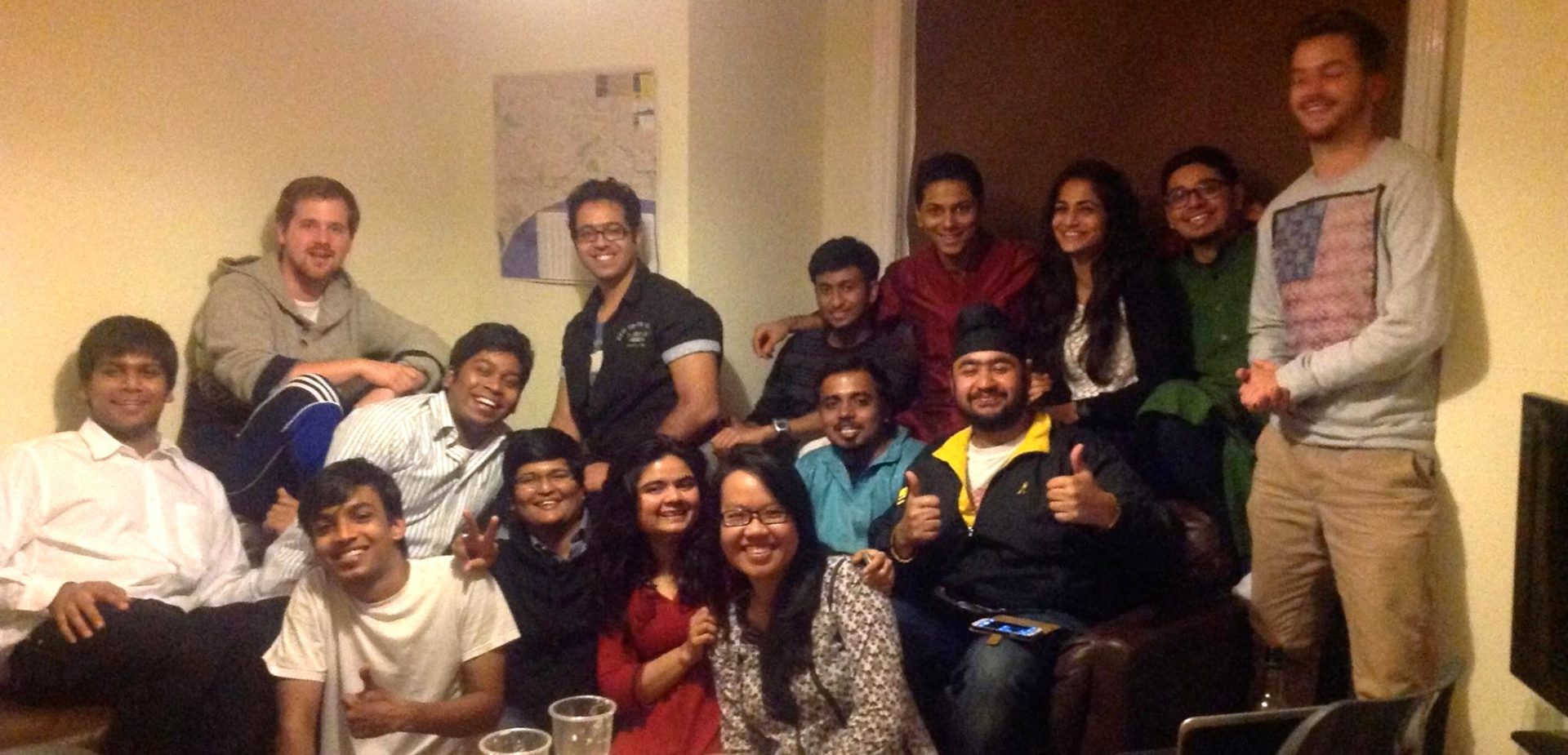Many young Indians studying in the United Kingdom say the present Congress-led government has failed India, and see Narendra Modi of the Bharatiya Janata Party as a viable alternative.
Modi, the chief minister of Gujarat since October 2001, is widely tipped to be India’s next prime minister. An opinion poll predicts the BJP would win half the seats on offer in Uttar Pradesh, which sends the largest number of lawmakers to the Indian Parliament.
“He [Modi] is the sort of leader my country needs,” says Riddhi Kachhela, 26, a television production student at Bournemouth University. “He is dynamic, can take decisions, can speak up, stands up for his people, and can get work done.”
Harshal Choudhary, a student of hospitality and tourism management, agrees. “I have been to Gujarat many times and seen the progress… how he has improved infrastructure,” says Choudhary. “People say he is corrupt, but even if he is, he has done some good things for the people.”
Modi’s growing popularity presents a massive challenge for Rahul Gandhi’s Congress-led coalition. “Gandhi keeps talking of empowering women,” says Choudhary, “but it’s not the solution to all the problems facing India.”
The perception clearly is that the present government has had a long time to bring about change and has failed to deliver. Raj Sekher, 22, a computer networks student at the University of Bedfordshire, says: “People are thinking the Congress has only given them corruption and scams, which is why there is a rise in support for the BJP, but there is rising support for other parties as well.”
Kachhela says,”We don’t want the present government to win because my country has suffered so much.”
But not everyone is positive about Modi. Many have not forgotten the 2002 Gujarat riots, for which Modi is generally blamed. Vikram Singh, 21, an MBA student at the University of Bedfordshire, says: “He should apologise to Muslims for his incompetence at stopping the 2002 riots if he wants to lead the country. India is a secular, democratic country and I think Modi is a polarising figure and this mindset is a threat to our democracy and secularism.”
Shahid Mushtaq, 23, of the University of Chester, says, “He cannot lead the country because he is a communal leader. He was chief minister of Gujarat when thousands of Muslims were killed in riots. There is ample evidence that he gave free rein to extremist Hindus to kill Muslims.”
The clean chit given to Modi by the special investigation team set up to probe the 2002 riots has been challenged in court.
So what is the alternative for those who think the Congress is corrupt and the BJP is communal? Ahtisham Aziz, 20, an aerospace engineering student at the University of West of England, says: “I think AAP [Aam Aadmi Party] is an alternative because they are exposing corrupt politicians and can run the government with transparency. If I get the chance to vote from here I will definitely vote for AAP.”
But others remain sceptical of AAP. “They are not experienced,” says Singh. “They could not rule Delhi, how can they rule all of India?” But he, too, believes they can be an alternative because parties like the BJP and Congress are “corrupt and more concerned about money”.
Siddhesh Angchekar, a product design student at Bournemouth University, says: “Congress has been struck with lots of corruption charges, lots of scams, people are voting for change. There are now alternatives like AAP and BJP. People are essentially voting for hope and there is a lot of hope from AAP.”
AAP recently expelled two of its members for alleged corruption, an act that has impressed many Indians.
But there are others like Ruchi Pandit, 21, who is studying for a master’s degree in advertising and marketing at Bournemouth, who have lost hope in the system. Says Pandit, “For many years people have been voting, trying to make a change. There is no change. Everything is based on influence and bribes. Our politicians say much and do little.”
While they differ on their politics, there’s one thing that all students agree on: that a system has to be devised to allow Indians to vote from abroad. Currently, Non-Resident Indians can vote, but they need to be physically present in their constituency to do so.
Even Pandit, who doesn’t much care which party wins, thinks Indians abroad should be allowed to have a say in the politics of their country.
Photo: Annabel Nguyen
